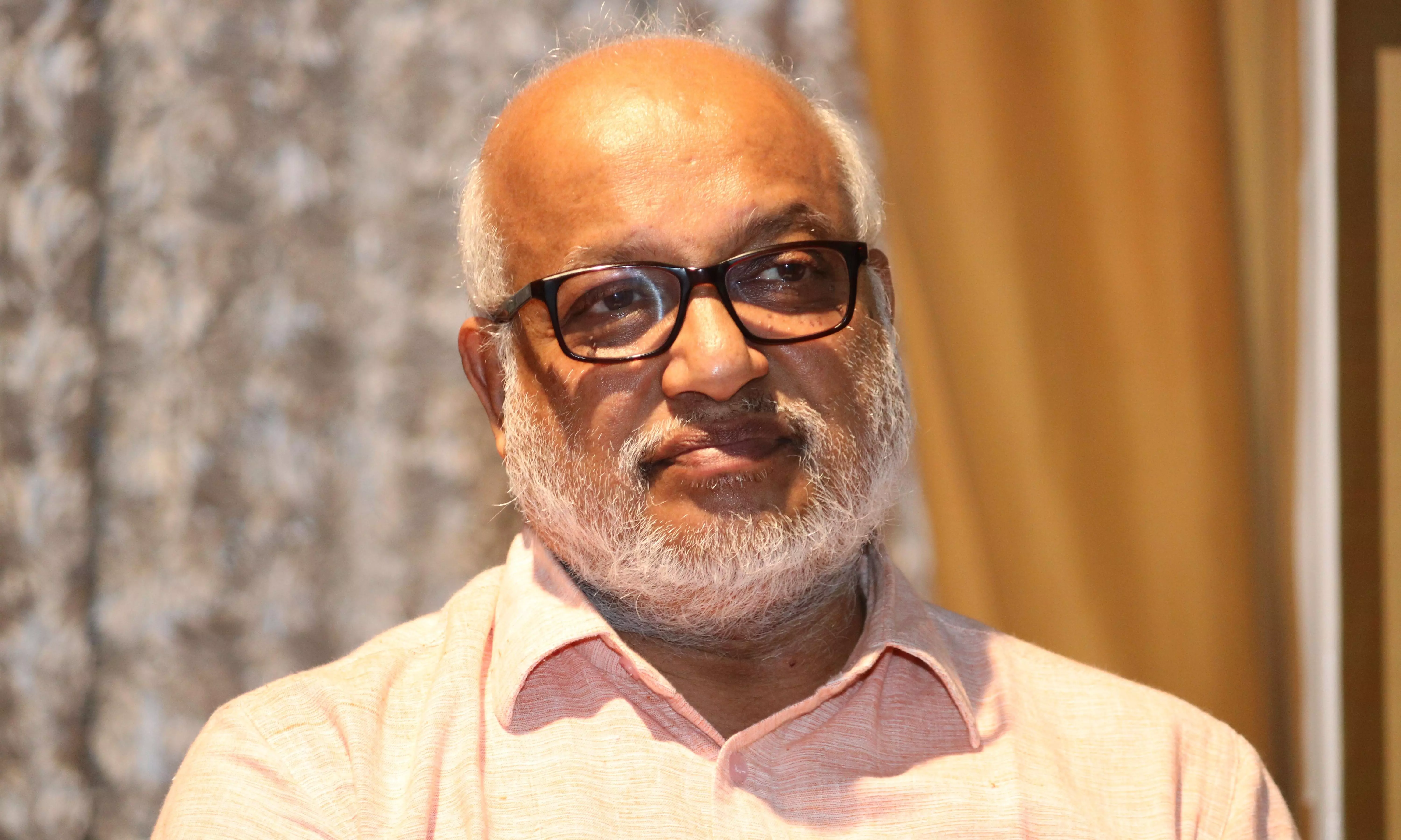M A Baby: CPM’s new Vanguard leader
Baby has been a member of the Politburo, the highest decision-making body of the CPI(M), since 2012

THIRUVANANTHAPURAM: Marian Alexander Baby, popularly known as Comrade Baby, was elected as the general secretary of the Communist Party of India (CPM) at the 24th Party Congress in Madurai on Sunday. He is only the second Malayali to lead the country's largest communist party, following E.M.S. Namboodiripad.
Born on April 5, 1954, in Prakkulam, Kollam district, Kerala, to P.M. Alexander and Lilly Alexander, Baby began his political journey during his school days as a member of the Kerala Students Federation, which later evolved into the Students Federation of India (SFI). His leadership qualities propelled him to become the state president of the SFI in 1975 and its national chief four years later.
Later as leader of the youth organization, the Democratic Youth Federation of India (DYFI), he led several agitations and became the national president in 1987.
Transitioning from the student and youth movement to parliamentary politics, Baby became one of the youngest members of the Rajya Sabha at the age of 32 in 1986. He was re-elected in 1992 for another six-year term.
In the 2006 assembly elections, he was elected from the Kundara constituency and served as the minister for education and cultural affairs in the Left Democratic Front (LDF) government headed by V.S. Achuthanandan. His tenure as education minister was marked by significant initiatives as well as controversies.
One notable change was the replacement of the ranking system, which created cutthroat competition among students and parents, with a grading system in high schools up to Class 10. Additionally, a chapter titled "Mathamillatha Jeevan," which described a child named Jeevan raised without any religion to promote secular values, was introduced in the seventh standard social science textbook. This chapter sparked huge protests from religious groups. Ultimately, the chapter was withdrawn from the textbook.
Known as a composed politician with a deep interest in literature, arts, music, and sports, Baby was inducted into the party's politburo at the 20th CPM Party Congress in Kozhikode in 2012. Two years later, he faced an unexpected defeat to N.K. Premachandran of the Revolutionary Socialist Party (RSP) in Kollam Lok Sabha seat. Following this setback, he shifted his focus away from state politics and spent more time at the party's national headquarters.
Recognized as a man of consensus, the 71 year old Marxist leader, rarely loses his composure in public, demonstrating a patient demeanor and a willingness to explain matters in detail, whether at public meetings or press conferences. He is comfortable with the media, and journalists appreciate his accessibility.
During his first informal chat with journalists at the party Congress in Madurai, the new CPM general secretary expressed his commitment to Uniting and strengthening the anti-BJP forces at the national level.
Many believe that under Baby's leadership, the CPM has the potential to strengthen and expand its base. As outgoing politburo member, Brinda Karat noted during a massive public meeting in Madurai, "His name is Baby, but his work is that of a valiant fighter."
Factors that to to Baby's elevation
A number of factors contributed to M A Baby's selection as the leader of the Communist Party of India (Marxist) . Significant support came from the party's coordinator, Prakash Karat, and the Kerala members of the politburo, led by Kerala Chief Minister Pinarayi Vijayan.
With his extensive political experience as a student leader, youth leader, parliamentarian, minister, and international affairs expert, Baby was seen as one of the best candidates to lead the party at this crucial time.
Although he is not a practicing Christian, his election to the top post could send a positive message to minority communities, particularly Christians, both in Kerala and across India. This is especially relevant given the BJP Sangh Parivar's outreach efforts aimed at winning over the Christian community in Kerala.
While other names, including Ashok Dhawle, a prominent Kisan Sabha leader from Maharashtra, were discussed, Karat and the comrades from Kerala stood firmly behind Baby. Reports indicate that aside from the politburo members from West Bengal, not many supported the idea of choosing Dhawle.
Those in favor of him pointed to his significant role during the farmers' protests and noted that his proficiency in Hindi could help the party connect more effectively with the masses in northern India.
However, with Kerala being the last stronghold of the Left in the country and the state assembly elections approaching in just a year, the choice ultimately fell on Baby. One potential drawback for Baby is his limited proficiency in Hindi, which may lead to a disconnect with the national leaders of the India Alliance.

